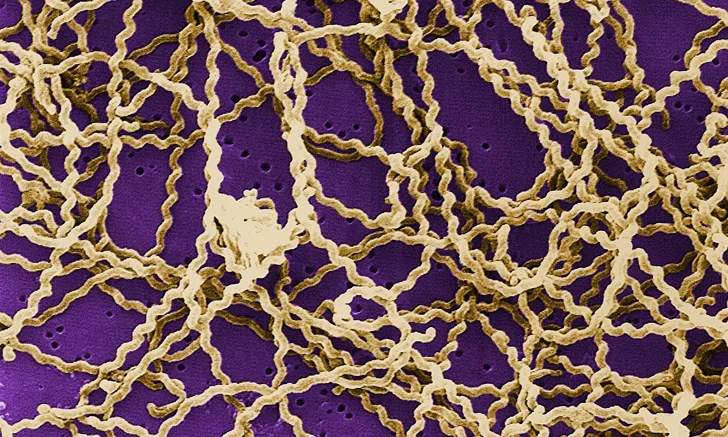Management of Leptospirosis
J. Scott Weese, DVM, DVSc, DACVIM, FCAHS, University of Guelph, Ontario, Canada

Once leptospirosis diagnosis is confirmed, patients should be treated with antimicrobials and supportive care as needed.
Antimicrobials
If the patient can tolerate oral medication: Doxycycline (5 mg/kg PO every 12 hours) for 14 days1
If the patient cannot tolerate oral medication: Ampicillin (20 mg/kg IV every 6 hours), then, if possible, de-escalated to oral doxycycline (5 mg/kg PO every 12 hours) for an additional 14 days1
Supportive Care
IV fluids for replacement, diuresis, acid-base balance, and electrolyte maintenance
Antiemetics
Nutritional support for renal or hepatic injury
Renal replacement therapy can be considered in oliguric dogs developing volume overload, severe hyperkalemia, or severe azotemia nonresponsive to medical management.1
Other care as needed based on clinical syndrome and patient response to treatment
During hospitalization, hydration status should be carefully monitored (ie, measure “ins and outs,” thoracic auscultation, blood pressure), as should BUN/creatinine, acid-base/electrolytes, ± hepatic enzymes (as often as every 24 hours initially). PCV should be rechecked as often as every 24 hours initially, and CBC should be repeated as often as every 48 hours if thrombocytopenia is present and/or in severe cases. Urine specific gravity should also be rechecked every few days once fluid therapy has been discontinued, and clotting factors should be rechecked if abnormal.
Approximately 1 week after the patient is discharged, serum chemistry profile should be repeated, as should CBC if abnormalities were present at the time of discharge. Serum chemistry profile should be rechecked again in 3 to 7 days if results are still abnormal. Urine specific gravity should be monitored regularly if abnormal.
Leptospirosis Tests & Considerations
Editor's note: This article originally appeared in the April/May 2021 print edition of Clinician's Brief with a diagnostic tree illustration. This algorithmic illustration can be accessed by clicking Print/View PDF at the top of this article.